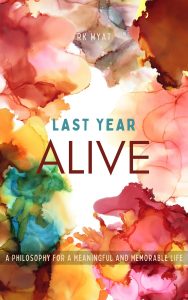Did you keep a diary when you were little? Or in your teens? How about in your adulthood (if you're there already)? I don't know what it is about keeping a diary that seems to suggest it's something only children or teenagers do. Perhaps the fact that adults don't seem to have the time to write their life's events down every day. Or perhaps the thought of thinking about one's feelings seems a little egotist, not to mention pointless. Or perhaps it's the term "diary" itself?
But if you change the term "diary" to "journal", and instead of writing down everything that happens to you during the day you analyze your recent thoughts and ideas, and instead of doing it every day you only do it when you have something important to say - were getting pretty close to an adult-approved version. (Rated R, if you will.)
Because let's face it - there is absolutely nothing wrong in journaling in your adulthood. In fact, I'd go so far as to say it's good for you. Analyzing your thought patterns and ideas and writing them and the analyzing process down is beyond beneficial in getting to know yourself in the deepest level.
Also I'd like to stress that merely thinking about your thoughts and ideas is not enough. The written form lets you step back and see the whole analysis from an external perspective - one that you couldn't possibly achieve with the ideas only inside your head.
So get journaling! All you need is a folder in your computer to store the files into, or use Google Drive or some other online service. Writing your throughts down might be hard at first, and you may not know instantaneously how to go about it, but trust me, it'll get easier and smoother and in all ways better with practice.
Every time you have an interesting idea, thought, or even a dream, open a file, write it down, and analyze it. You'll get more out of the process than you could have imagined.
RK

